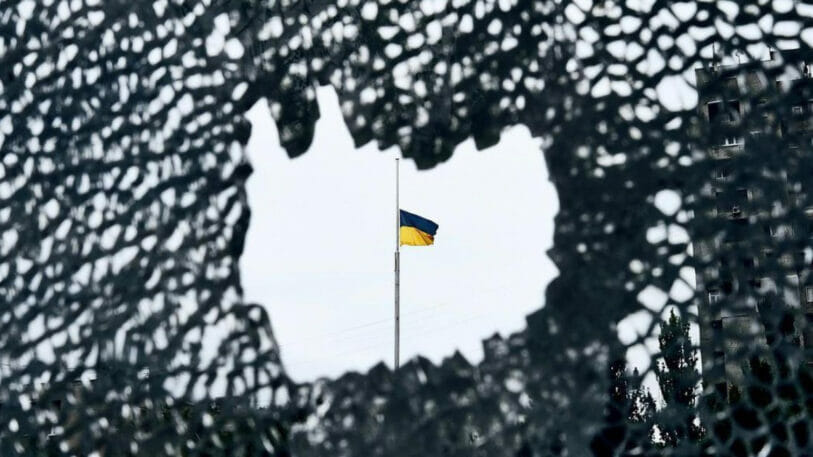„Every nation has the right to live independently. Every city has the right to complete security. Every person has the right to be free and to seek his or her own happiness. Each of us has the right to create and develop our own business and to enjoy watching it grow. That is what every Ukrainian believed before the war and continues to believe. Still, we have changed. The business environment has changed, too.“
After eight months of war, CEO of Ukrainian printing company Slavena, Valeriia Grankina, looks back at what has changed in the Ukrainian printing industry. For packaging journal, she takes a look at different types of companies that are still operating and how the competition on the market has changed.
I remember my workday of February 23, 2022, in great detail. I remember what I was wearing, what kind of work I was doing, which tasks I had set for my staff, what circulations were up for processing. I remember that it was a disturbingly quiet and emotionally intense day. We were congratulating a colleague on her birthday, and I felt how much anxiety there was in the heavy silence of the staff. They were looking at me and waiting for me to say what would happen next. We knew perfectly well that at this very moment the troops of our aggressive neighbour were standing 60 kilometres away from us. We could literally feel his hot breath in our necks, but we refused to believe what was about to happen. At that moment, I believed that there would be no war.
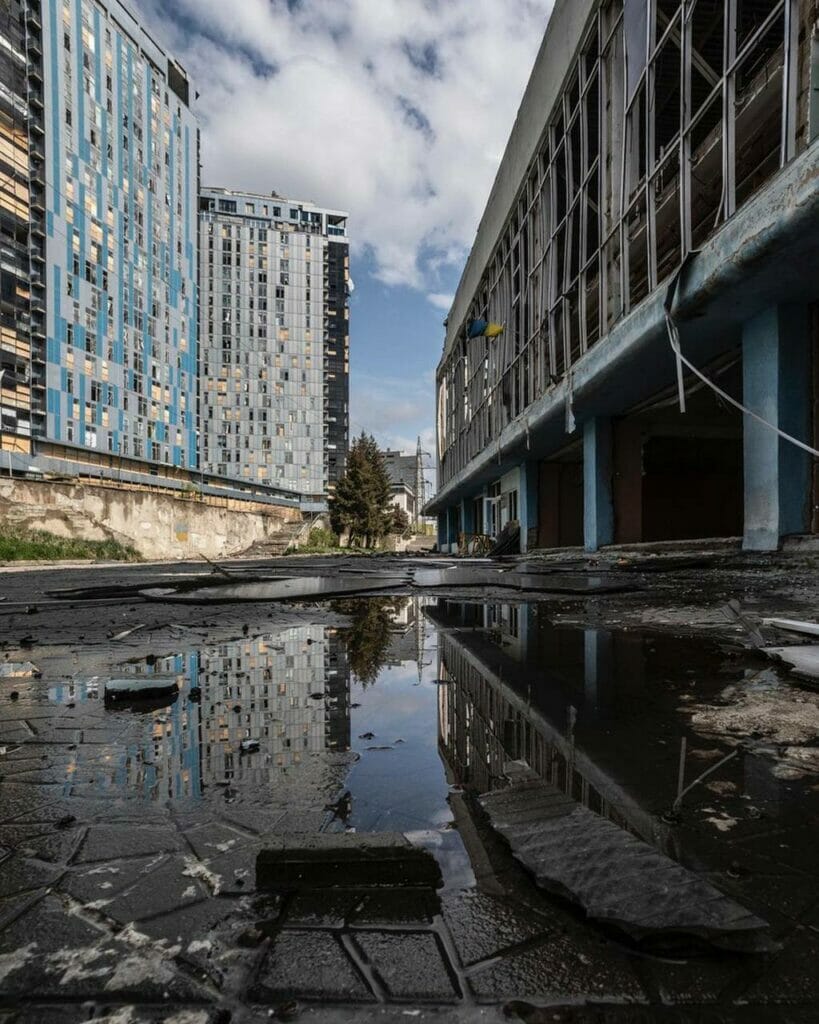
The war came into our homes the very next morning, stopping all our usual life, work, and basically everything that made us happy. Realizing the seriousness and horror of the situation, martial law was declared in Ukraine on the first day and so all businesses, including printing houses, closed their doors to employees and customers indefinitely. We all hoped that this period would not exceed two days. But the days merged into one endless, dreadful day.
But life had to go on, and the country’s economy had to cope with the concentrated evil that is still in our land to this day. That is why already in March, one after another, printing houses began to open in those areas of Ukraine where the war was not so acutely felt as in Charkiw, Cherson, Saporischschja, Mykolajiw, Nikopol and, at that time, in the region of Kiew.
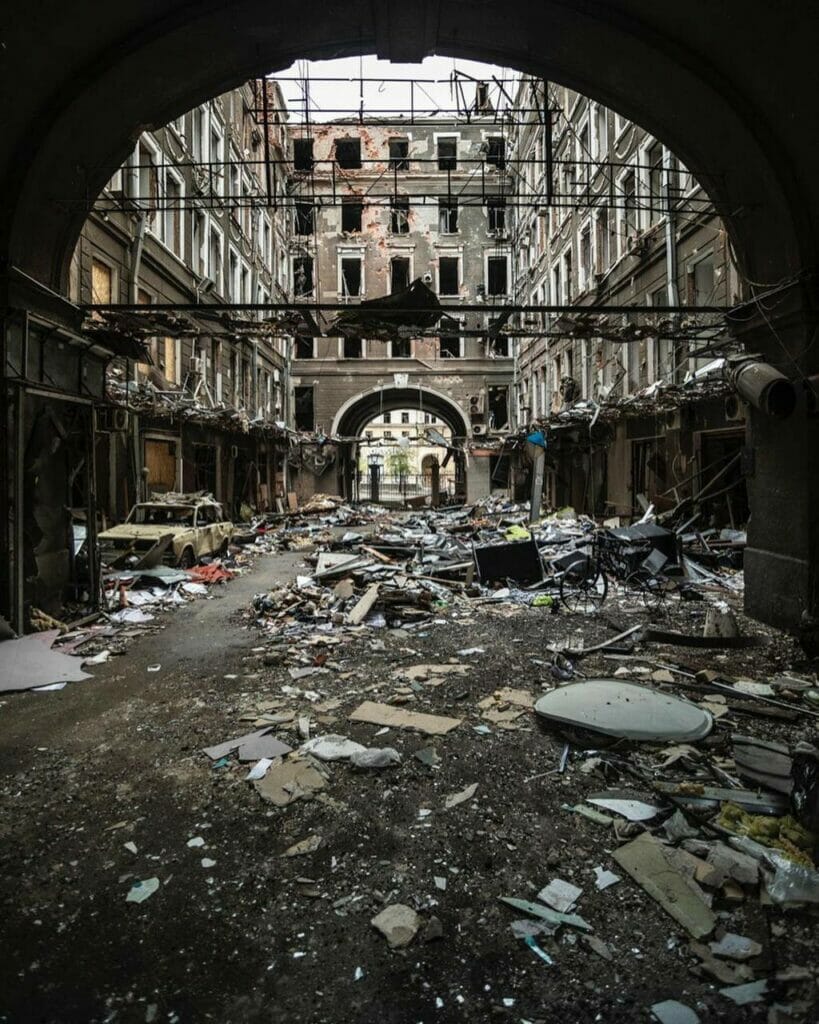
Print shops in relatively safe cities opened slowly and carefully. People understood that at any moment terrible things could happen in their territory as well. They handled the orders that had come to them before the war began, took new orders, but often the workload of the printers did not exceed even half the pre-war volume.
At a certain point I began to realize that in fact print shops in my country are now divided into three categories: those that have not been affected by the war, print shops that are in the war zone, and ones that are in occupied territory. My family’s print shop for cardboard packaging is located in Charkiw, which falls under the second category. The printers that I put in the first category work quite calmly, although their volumes declined at first, but now they are increasing their turnover again.
There are also a very large number of small and medium-sized print shops; three large print shops that printed books (the warehouse of one of them was damaged in the first months of the war, and a large quantity of production was destroyed by fire after shelling) and two large print shops that produced labels (one of them was significantly damaged by a missile hit). Of course, we do not have the ability to work at full capacity, nor can we work at 30 per cent of last year’s volume. But each of us is trying to reach at least 10-15 per cent so that we can pay our employees.
The third category includes a city in the south of Ukraine, Cherson. This city is under occupation, and with it a large carton printing plant, which has always been our direct competitor. And now, we don’t even know if it is still intact.
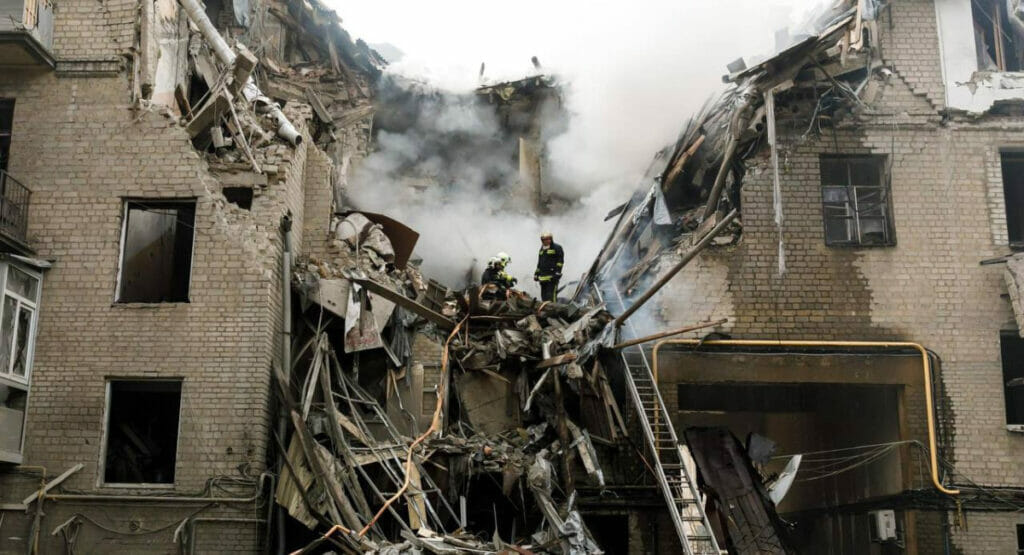
Thus, the Ukrainian printing market has changed. Many printers are bluntly stating that it will be a very long time before the second and third category of companies can come around and find it unacceptable not to take advantage of the situation. As they say, nothing personal, just business. But business cannot be built on this kind of temporary weakness of a competitor. A competitor who is fighting for the freedom of the country. And on the one hand, you hear these ruthless words, but on the other hand, you see that today, a new wave of rockets were fired at the city, and they landed right next to your printing house. And then you try to look at the video to see if what you have been building for so many years is still intact. You exhale, but immediately feel ashamed, because now someone else has been hurt. Hence, every day is an emotional rollercoaster. I am afraid to imagine how our fellow sufferer from Cherson feels. But, as they say, the strong don’t lie down accepting defeat. Instead, they are even more determined to fight for a better future.
And here I want to share my surprise that just now, the big German companies are reaching out to us and declaring their willingness to help us grow new feathers after the war, to help us out of the crisis we will face and to be a pillar in the rebuilding. And herein lies the trait that only a self-confident business has: the power to support someone who is in the same market as you but is in trouble.
Production volumes
You might expect that the printers in the first category had a chance to raise their volumes at the expense of the second and third categories of printers – their customers might as well have gone to the printing houses that could still operate. But this did not happen. In fact, some customer reduced their production volumes due to the drop in sales in the country overall. Others have not yet opened, because they are still standing in the way of the enemy. And others prefer to give at least part of their orders to those printers with whom they worked before, just to support them in difficult times.
But there is another reason: You can only take the lead when you give more value than your competitor. And value is not always easy to generate.
Materials
Today, a large number of printers in Ukraine are working in their usual pre-war mode but have to overcome more difficulties than before. The doubling of the cost of cardboard, the lack of a variety of coating materials and special equipment on the market often complicate the process of high-quality production. By the end of the year, every print shop, including ours, will need to make plans for the next year, to reserve quotas for cardboard, which now seems impossible. The war was not part of anyone’s plans, and we don’t know when we will start working again – this year, next year, or even later.
Employees
There is constant shelling in our cities with civilian and child casualties as well as destruction of homes and infrastructure. People leave the cities and move to other regions, hoping to find shelter and protection. You might think that this situation should lead to the migration of specialists to other printers. But in reality, this is not the case. Only a handful of specialists found jobs at print shops in other regions, and not because of low qualifications. It is due to the fact that a strong spirit of patriotism and gratitude for what we had, has grown in our country in an extremely short period of time. And this patriotism and gratitude extends not only to the attitude toward the country, but also to the respect for the place of work where one spent his or her last day before the war. Some are waiting for their sites to reopen, some are rushing to work under fire, some have temporarily taken another job, and some have simply gone to the front to defend their country.
For me, it was not easy to write this article – it is still hard to think about the situation and comprehend what has become of my country, my life and my company. In my hometown of Charkiw, there is a brutal war going on. Some of our employees live right here at our company simply because they have nowhere else to go. They work and they transport products under fire. A lot has changed. Often things don’t go as planned and often, we face a mass of difficulties, but we are well aware that all this makes us stronger and I don’t think that any problem that comes our way after the war will be able to throw us off balance anymore. We hear a lot about how Ukrainians have shown the world their strength and desire to be free. But our strength comes from the fact that Ukraine does not doubt itself, its future, or its victory. And that is why we continue to work, smile, make plans and prepare for the post-war reconstruction of the country.
More packaging news
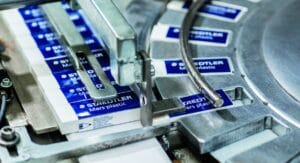
A contract with a handshake is valid
Managing director Tina Gerfer of Wilhelm Rasch Spezielmaschinenfabrik has modernized the company and successfully guided it through difficult times.
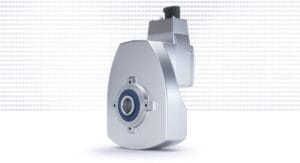
Asynchronous servo solutions for the packaging industry
From primary packaging to final packaging, electric drives play an important role. With a broad portfolio, Nord Drivesystems supports customers.
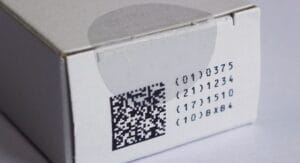
Label Durability
Labels offer many functions which can get lost due to label removal. PTS assesses labels and cardboard for durability and tamper evidence.

More design for recycling for cosmetics packaging
Packaging for decorative cosmetics is very special. The Forum Rezyklat calls for the recyclability of packaging to be taken into account when designing it.

Innovation Barometer 2024
According to a survey conducted by Aktionsforum Glasverpackung 2024 is set to be a highly innovative year for glass packaging.
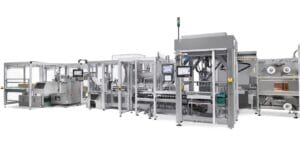
Flexible packaging system for natural cosmetics
Sustainability is part of Weleda’s identity. IWK is also contributing to this with its new flexible packaging line for many natural cosmetic products.



